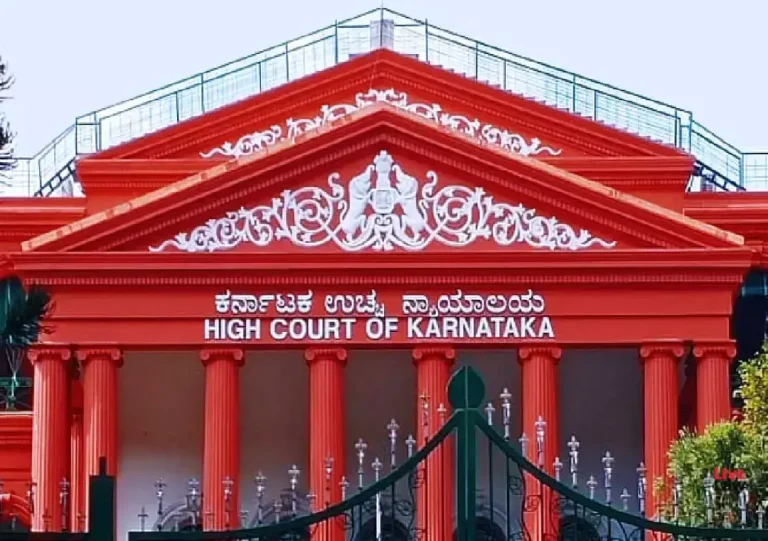
ED Steps in as Kerala Ganja Case Unravels Global Trafficking Links
A recent seizure of hybrid ganja worth ₹2 crore in Alappuzha, Kerala has taken a dramatic turn with the Enforcement Directorate (ED) taking interest in the case. The investigation has led to revelations of international crime networks involved in the illegal trade, prompting the ED to step in and potentially transfer the case to central agencies.
On April 22, the Alappuzha Excise Department seized the massive quantity of ganja, which is a Schedule I drug under the Narcotic Drugs and Psychotropic Substances (NDPS) Act. The haul was discovered in a truck on the National Highway 66 near Haripad. The driver of the truck, along with two others, was arrested and charged with possession and trafficking of ganja.
Initially, the case was being investigated by the Alappuzha Excise Department, but as the investigation progressed, it became clear that the case had far-reaching implications beyond the state’s jurisdiction. The ED, which is responsible for investigating and combating money laundering and terror financing, has taken cognizance of the case and is now working in tandem with the Excise Department to unravel the complex web of international connections.
According to sources, the ED has gathered evidence that points to a sophisticated network of drug traffickers operating across borders. The investigation has revealed that the seized ganja was smuggled from Myanmar and was being transported to various parts of the country, including major cities like Delhi, Mumbai, and Bengaluru.
The ED has also discovered that the money trail linked to the seized ganja leads to various shell companies and bank accounts, both in India and abroad. This has raised concerns about the involvement of organized crime syndicates and potential terrorist financing.
The ED’s investigation has also identified several foreign nationals who were involved in the illegal trade. It is believed that these individuals were working in cahoots with local drug traffickers to smuggle the ganja into India.
The case has significant implications for national security, as it highlights the ease with which international crime networks can operate in India. The ED’s involvement in the case is seen as a major step forward in combating the illegal drug trade and dismantling the networks involved.
The ED’s investigation is expected to be comprehensive and thorough, taking into account the complex international dimensions of the case. The agency has already begun questioning the arrested individuals and is conducting searches and seizures at various locations.
The Alappuzha Excise Department has also been working closely with the ED to gather evidence and build a strong case against the accused. The department has already seized several vehicles and properties linked to the accused, and more arrests are expected in the coming days.
The Kerala government has welcomed the ED’s involvement in the case, saying that it will help to send a strong message to international drug traffickers that India will not tolerate such illegal activities. The state government has also promised to provide all necessary support to the ED to ensure that the case is prosecuted to the fullest extent of the law.
The ED’s investigation is expected to take several months to complete, and it is likely that the case will be transferred to a special court for trial. The accused face severe penalties, including life imprisonment and heavy fines, if convicted.
In conclusion, the ED’s involvement in the Kerala ganja case is a significant development in the fight against international drug trafficking. The case highlights the ease with which international crime networks can operate in India and the need for robust law enforcement agencies to tackle the problem. As the investigation unfolds, it is expected that the ED will uncover more shocking revelations about the extent of the illegal drug trade in India.






